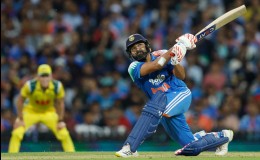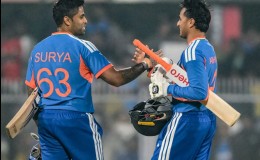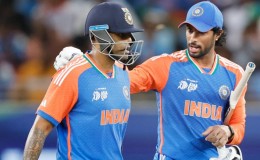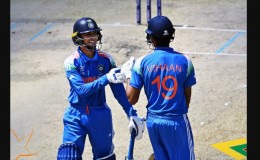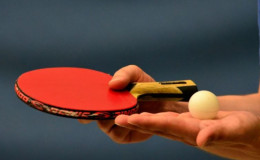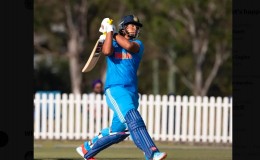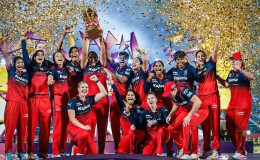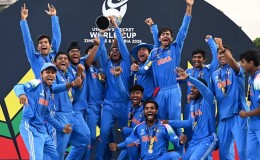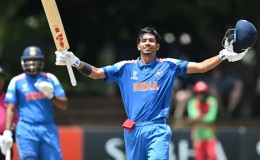All good things come to an end and so have the Commonwealth Games. Sitting at the Opening Ceremony at Jawahar Lal Nehru Stadium on the third of October, the only thing I was praying for was the safe and successful passage of the next 11 days. My prayers were not misplaced as whatever was being seen and heard on news channels and leading newspapers of the country, I thought if even 20% of that was correct, we needed a billion prayers for hosting of a successful Games.
Not only was it safe, to quote a few foreign athletes and media, it was ‘divine’. The home team as expected got a lot of support and finished on the number two position for the first time in the history of any multi-nation, multi-sporting event. We beat Canada comprehensively and England by a whisker on the last day. Though a few emanating voices attributed it to the lack of participation by some top English athletes, but to me that statement is like degrading the achievement of medal winners who worked hard for years to bask in this glory.
It’s degrading the achievement of athletes like Ashish Kumar, Anisa Sayyed, Ravi Kumar and many other lesser known athletes who came from nowhere to win the coveted medals for India. These were athletes we haven’t had even heard of, because at a time when we should have focused on India’s talent, our energies were devoted on unearthing the corruption plaguing the CWG.
With India thumping the leaderboard of medal tally again and again at a frequency unheard of, the public responded to the Games in good numbers. New heroes were born and stories of victory coming out of ashes of adversity were told. Our emotional public loved it and adored their new stars.
The beauty of these games lied in telling to the world at large that India as a nation does not only goes berserk when we win on the cricketing arena but even a weightlifting or a discus gold make us go mad in ecstasy. We proved that India is a country which has the potential of being home to more than just one sport -- that is cricket.
But now that the Games are over, the tough things beckon. Have the government and the organizing committee thought of the legacy factor and have they done the legacy planning? My answer is a most probable no, but isn’t legacy planning the real determining factor of the success of such large Games that will decide where we head now from here.
Hundred medals are something we would not win on all days at big sporting meets. So this is the time to generate momentum and get maximum attention towards getting more youngsters taking on Olympic sports. This is the time to catch hold of kids inspired by a Gagan Narang or Ashish or Ravi or Krishna Poonia and get them into sports other than cricket.
This is time for the government and the responsible sports bodies to make sure that the new infrastructure in place is used to create bigger stars and let me tell you from what I see in schools, there are enough kids that play all games. It’s just the grooming and right kind of training that will make the difference. All this will ensure our pressure footing in an arena where we were not known to be that strong. A nation of billion and more need to become sportingly strong as well and this is the right time to hit the nail. This is what is legacy planning and in the midst of celebrations, let’s not lose it.
Rohit Sakunia
Sports Journalist


